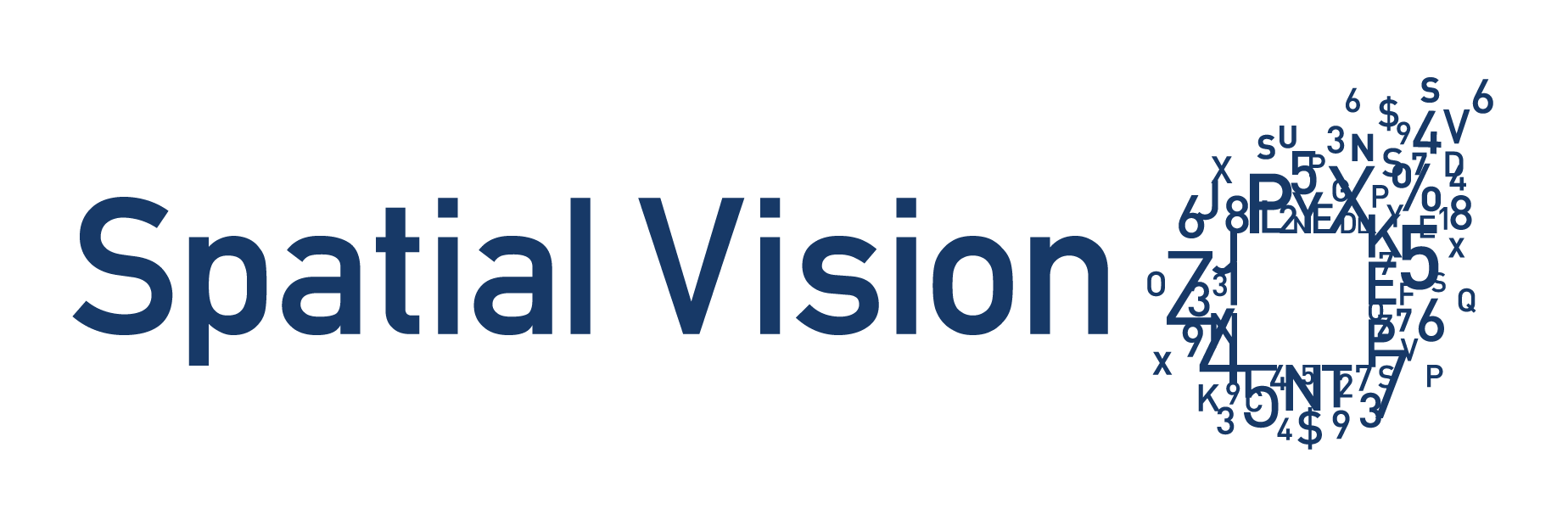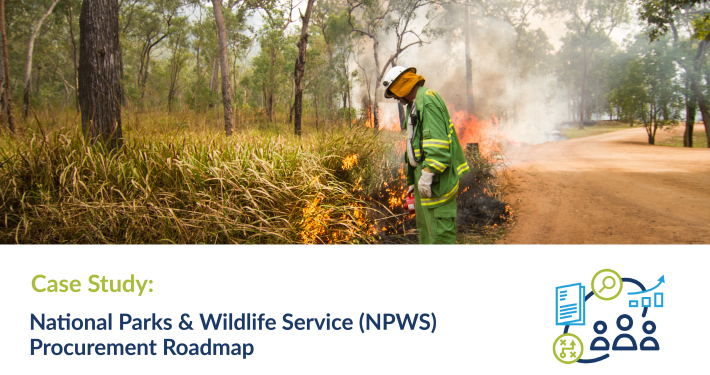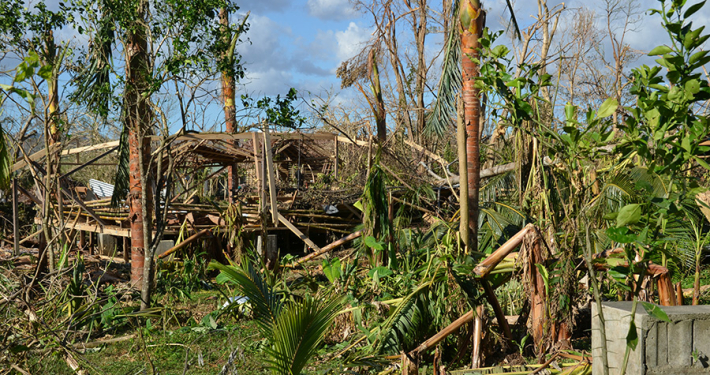Our Future and the Role of Geospatial Knowledge Infrastructure

In a time of great transformation, the world has turned to location intelligence for clarity and insight.
With over 1.2 billion daily visits to the John Hopkins COVID-19 dashboard, you will have likely witnessed the power of location technology in this time of uncertainty.
But the pandemic is just one of the many issues we face in 2020. There are many other areas demanding our attention, from climate change through to racial equality, as we’ve seen with the recent re-ignition of the Black Lives Matter movement.
Location intelligence can play a role in addressing many of these issues, but only if we work together.
A robust Geospatial Knowledge Infrastructure (GKI) is essential to enabling effective collaboration, through integrating geospatial concepts, technologies and information with societal and technological change as part of a much wider digital ecosystem.
Additionally, GKI complements the United Nations Integrated Geospatial Information Framework (IGIF), supporting and enhancing its future development. The IGIF Framework aims to assist countries in the development and management of their geospatial information resources to secure socio-economic prosperity (see here).
Learn more about the integration of the IGIF into GKI in the panel discussion below.
Spatial Vision is an alliance partner in the Advancing Role of Geospatial Knowledge Infrastructure in World Economy, Society and Environment initiative led by Geospatial Media and Communication. For more information on Geospatial Knowledge Infrastructure, visit Geospatial World.





